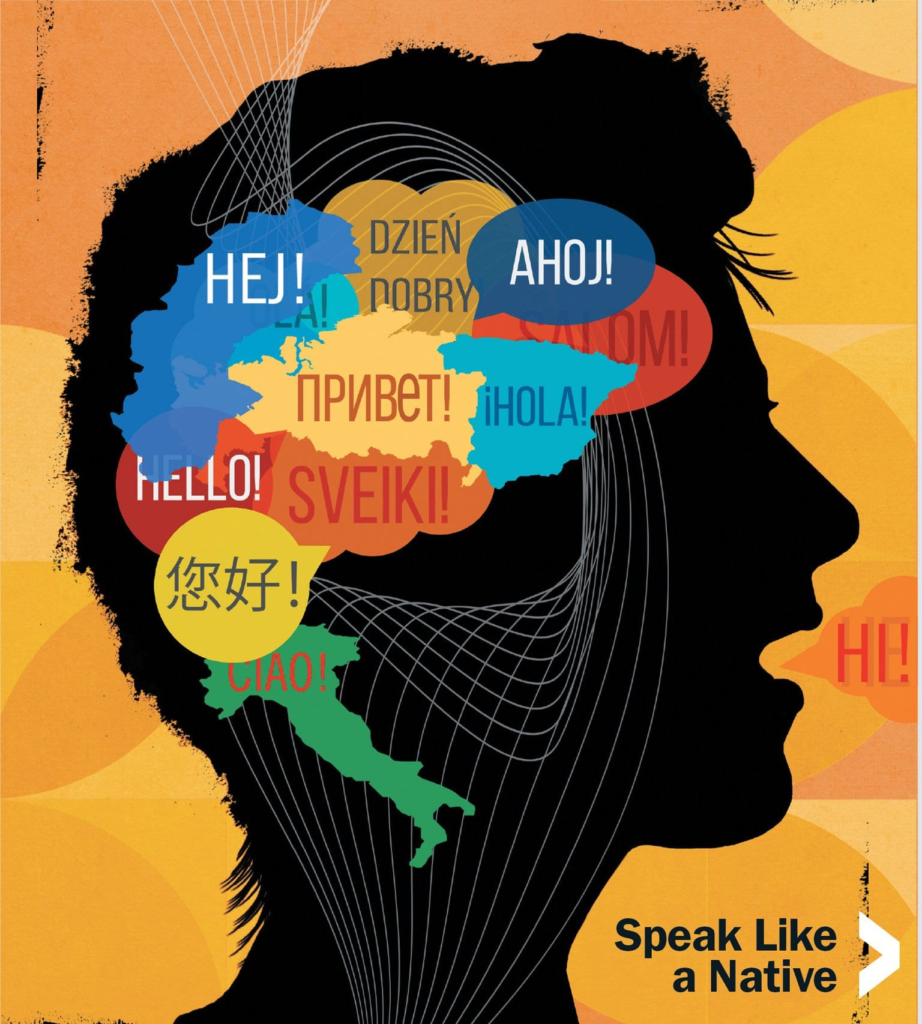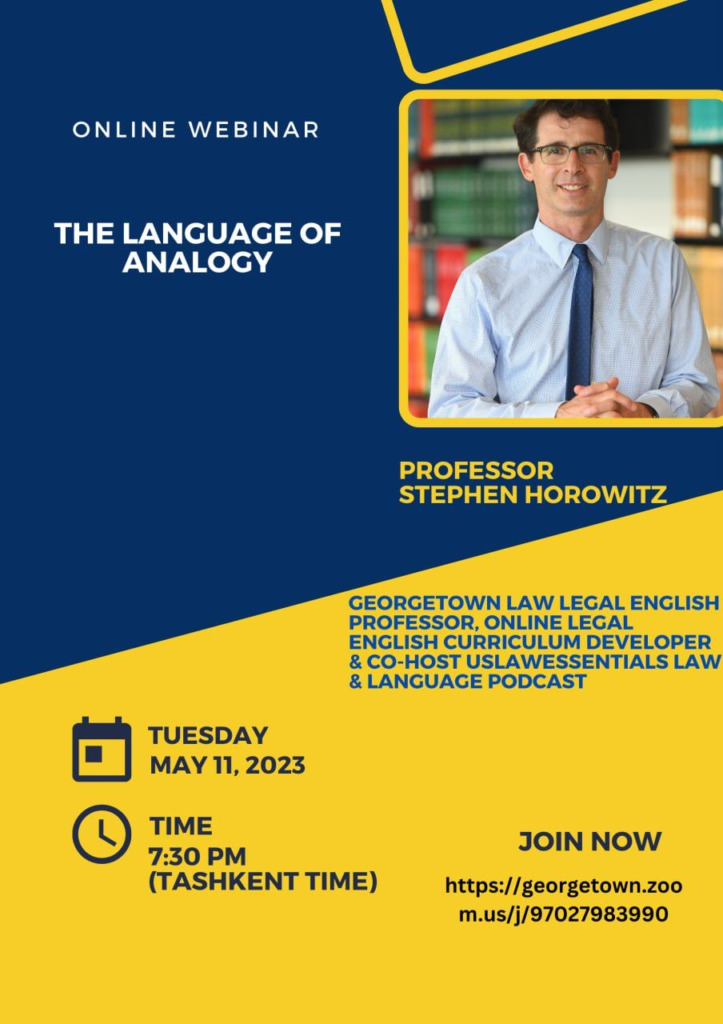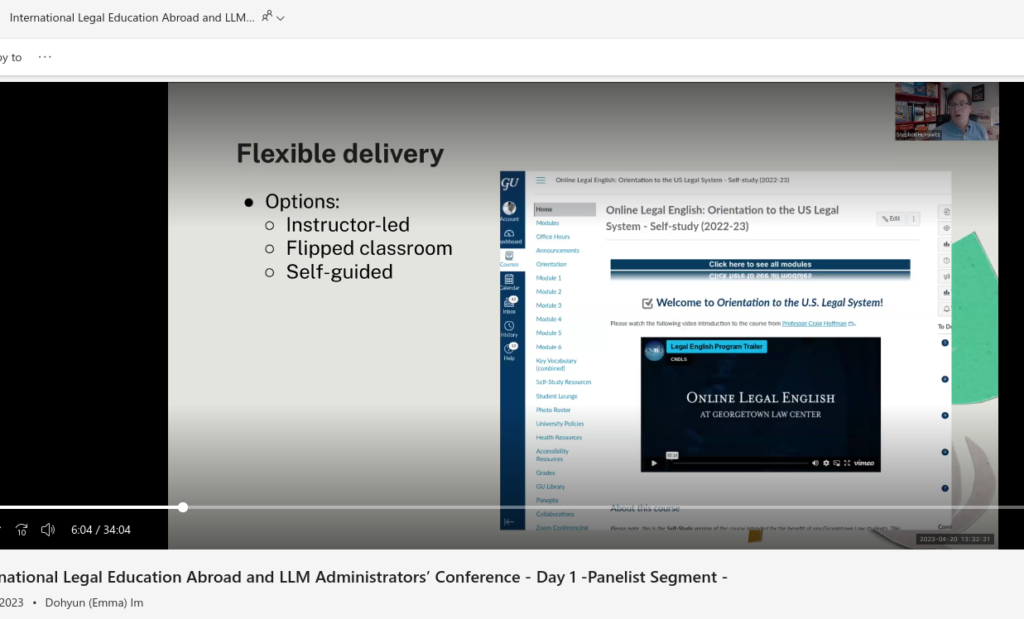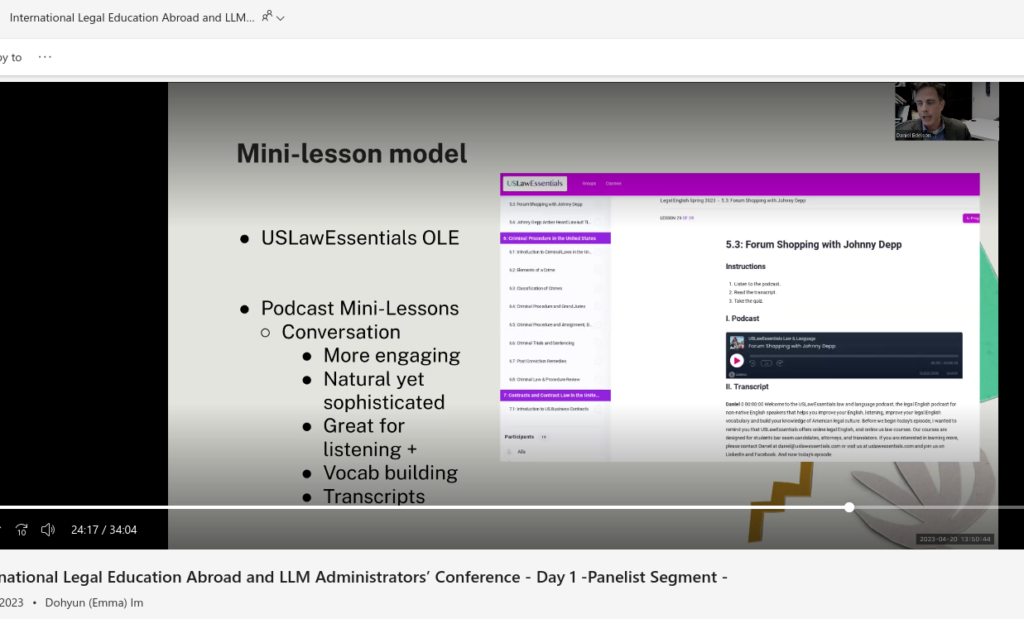Posted by Yi Song
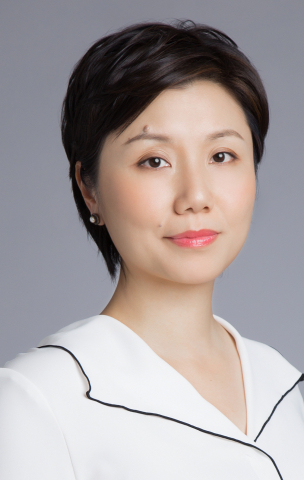
Master of Laws Interviews Season 1 Finale – Catherine X. Pan-Giordano!
Dorsey & Whitney Partner, Corporate Group Head NY office, Chair of the U.S.-China Practice, Member of the Management Committee
Asian, female, multilingual and partner, Catherine X. Pan-Giordano, Esq. is the epitome of success that Ingrid from the hit Netflix series Partner Track aspires to achieve.
Catherine is featured in the New York Times Magazine as one of Top Women Attorneys in New York, hailed as a Rising Star. She was honored as one of the Top Women in Dealmaking by The Deal in 2023; recognized as a Foreign Expert (China) by Chambers Global for four consecutive years and in Lawyers of Color’s Power List.
Growing up in China, Catherine loved ancient Chinese detective stories and crime fiction. She has studied law in China, Sweden and the U.S. She has been the top of her class throughout her school years, except at law school in the U.S., where she admittedly learned the most. When she started her career in the U.S. as a first-year associate, she made an unusual request with the firm that hired her. What was her ask? How did she make partner in BigLaw and earn one of the seven seats at the firm’s Management Committee? What was the most important factor contributing to her success?
Subscribe to the LinkedIn weekly newsletter to receive FREE insider tips. Read Catherine’s story here.



